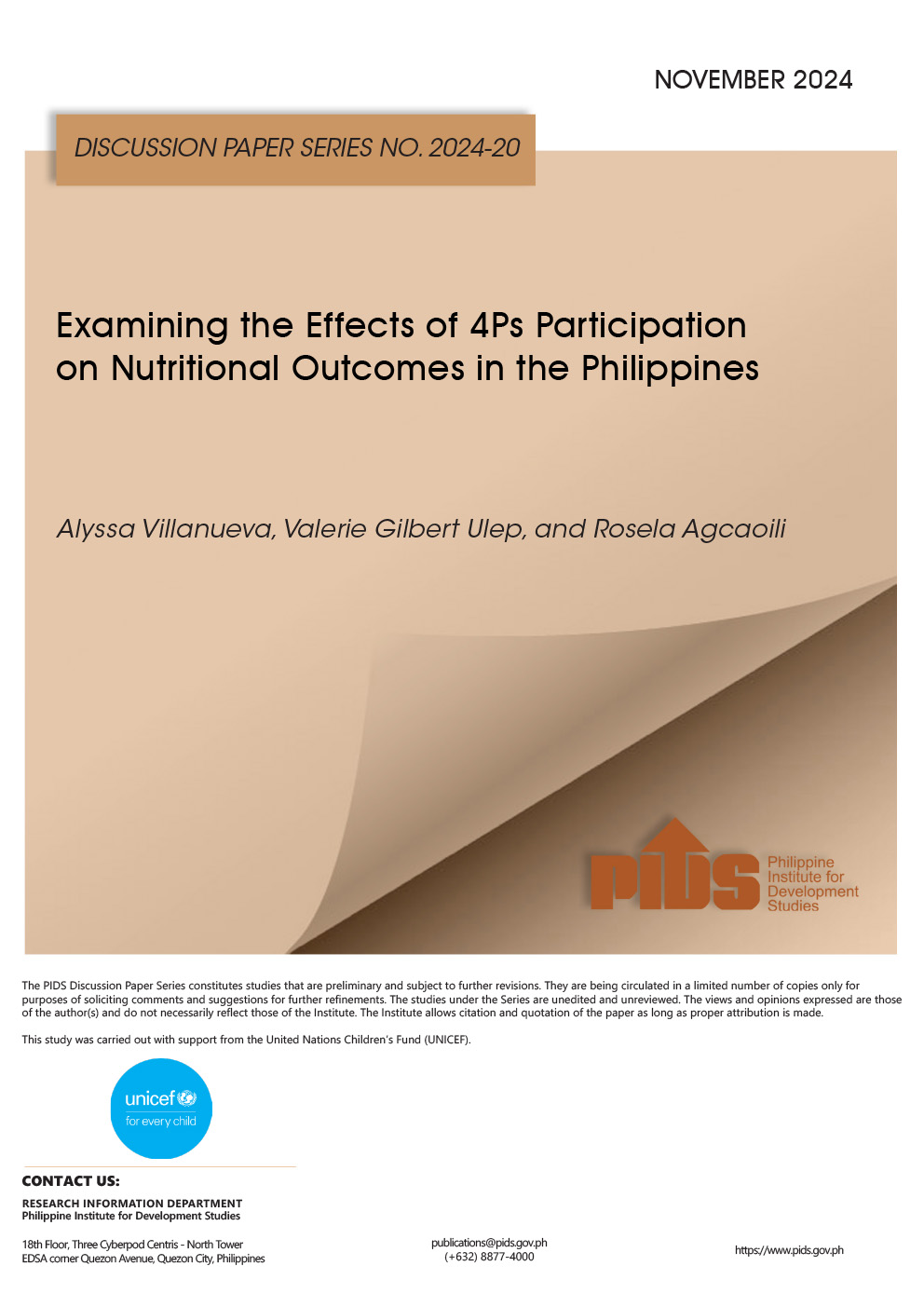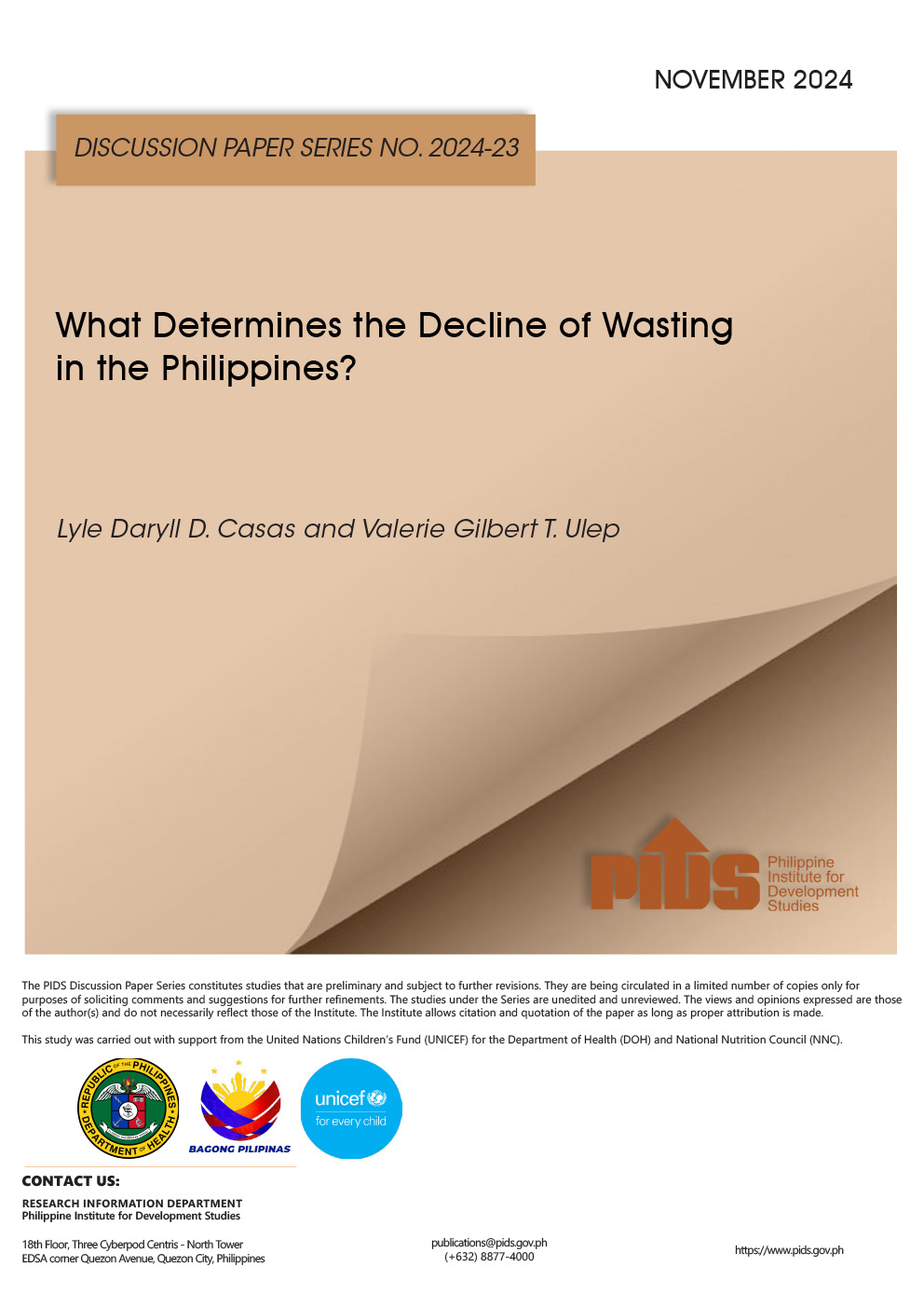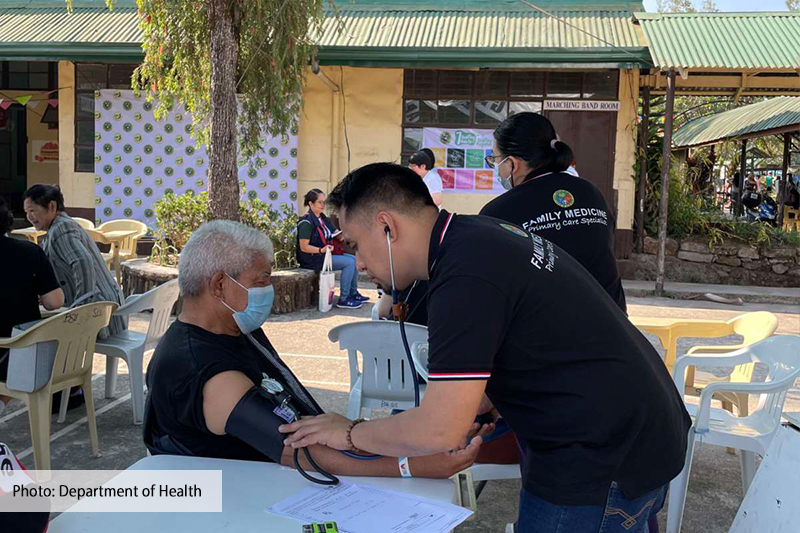SEN. Francis Tolentino has urged the Philippine Economic Zone Authority (PEZA) and Board of Investments (BoI) to expedite the establishment of pharmaceutical manufacturing zones in the country.
The senator filed Senate Resolution 580 expressing the sense of the Senate to urge the PEZA and BoI to further develop the medical industry and spur investments, facilitate access to innovator drugs for critical illnesses at affordable prices, and fast-track socioeconomic growth.
He cited the 2019 Pulse Asia survey, which showed that 99 percent of Filipinos could not afford prescription medicines.
As of 2012, the National Tax Research Center said there were about 50,000 retail outlets and over 60,000 drug distributors nationwide.
“The pharma sector also injects P146 billion in economic output every year,” Tolentino pointed out.
Despite limitations in the delivery of health services, a study conducted by the Philippine Institute for Development Studies stated that the Philippines is one of the biggest pharmaceutical markets in Southeast Asia, next only to Indonesia and Thailand, he said.
The First Bulacan Industrial City, established in 1991 and dubbed as the “Pharma City of the North,” houses the Lloyd Laboratories, Lumar Pharmaceutical, Pascual Laboratories, Cosmetique Asia, Cargill Philippines, Northfields Laboratories, Transcend and Medi-RX Laboratories.
Tolentino said the approval of the expansion of the Bulacan Industrial City, which would house the proposed Pharma City 2, a 17-hectare PEZA-registered industrial complex, is pending with the Office of the President for Presidential Proclamation.
GlobalData London has projected that the Philippine pharmaceutical market will grow to P241.9 billion in 2025 following the implementation of the Universal Health Care Act.
An annual growth rate of 4.5 percent was also projected by IMS Consulting in a study commissioned by the Pharmaceutical Healthcare Association of the Philippines (PHAP), Tolentino added.
According to PHAP, pharmaceutical companies, distributors and retailers employ over 60,000 Filipinos and support close to 100 other industries in the country.
The Philippines already has a strong manufacturing base, with 14 of the world’s top 20 pharmaceutical companies currently operating in the country, including Pfizer, Wyeth, Abbott Laboratories, Novartis, Sanofi-Aventis, Johnson & Johnson, GlaxoSmithKline, and Boehringer Ingelheim.
Tolentino said the BoI grants benefits and incentives to businesses, and is tasked to create a supportive investment environment in order to develop globally competitive industries
The PEZA is mandated to promote the flow of investors, both foreign and local, into special economic zones which would generate employment opportunities and establish backward and forward linkages among industries in and around the economic zones.
The pharmaceutical industry aids millions of Filipinos in accessing high-quality, affordable essential medicines and vaccines, including originator drugs, branded generics and unbranded generics through nationwide distribution networks spanning small retail drugstore outlets and hospitals.
To date, over 55 vaccines against measles, pneumonia, diarrhea and rubella have been made available to the Philippines by research-based pharmaceutical firms.
Related Posts
Publications
Press Releases
Video Highlights
[No related items]
Infographics
[No related items]






